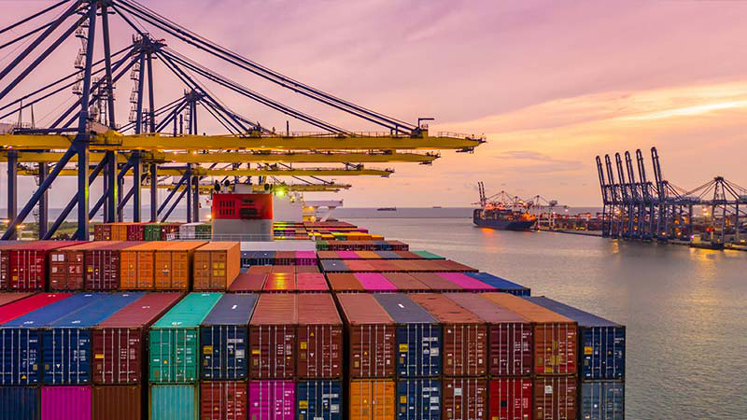
The Indian textile and apparel industry has welcomed the new Foreign Trade Policy 2023. The industry is especially upbeat as Special Advance Authorisation Scheme has been extended to exports of the Apparel and Clothing sector under para 4.07 of HBP on a self-declaration basis also to facilitate prompt execution of export orders; benefits of Self-Ratification Scheme for fixation of Input-Output Norms has been extended to 2 star and above status holders in addition to Authorised Economic Operators at present; license fees have been lowered for MSMEs, the export turnover has been lowered for a 5-star export house. Such steps will go a long way in boosting India’s exports.
In addition, PM MITRA scheme has been added as an additional scheme eligible to claim benefits under CSP (Common Service Provider) Scheme of Export Promotion capital Goods Scheme (EPCG), will help the parks.
Also Read: Explore what’s interesting in India’s newly launched Foreign Trade Policy 2023
Naren Goenka, Chairman AEPC said, “It is pro-MSME, innovative in approach and in the spirit of cooperative federalism. It will help promote women’s participation and promote start-up ecosystems for technology infusion into manufacturing and business processes, ensuring efficiency and competitiveness. The added thrust on sustainability, compliance and ease of doing business will help India boost exports.”
He further added that the apparel industry is thankful to the government for policy continuity and stability for a WTO-compatible policy which is evident from the shift from an incentive-based regime to a remission and entitlement-based regime. The renewed focus on simplification and digitalisation of procedures will make the systems efficient and cost-competitive.
Ravi Sam, Chairman, The Southern India Mills’ Association (SIMA) has highly appreciated appreciated the Government for continuing the EPCG scheme and Special Advance Authorization Scheme for the textiles and clothing industry as the industry heavily depends on the import of textile machinery and also raw materials to bridge the gap in the supply-demand, thereby enabling import of speciality raw materials that are not manufactured in the country.
He said that this would greatly help the textiles and clothing industry to sustain its global competitiveness.
T. Rajkumar, Chairman, Confederation of Indian Textile Industry (CITI) said that the new Foreign Trade Policy (FTP) online approvals without physical interference will reduce the processing time from the current time of as long as 1 month to just 1 day and will act as a game changer for the Textile and Apparel Industry.
He believes that the new provision of Rupee Payment to be accepted under the FTP scheme will be an effective step towards the internationalization of the Rupee and will help boost India’s textile trade with partners like Bangladesh, Russia, Sri Lanka, etc.
The new Amnesty scheme which is offering a one-time settlement of default in export obligation by Advance Authorization and EPCG authorization holders for a limited period will prove to be extremely beneficial for the Indian Textile & Apparel Industry.






